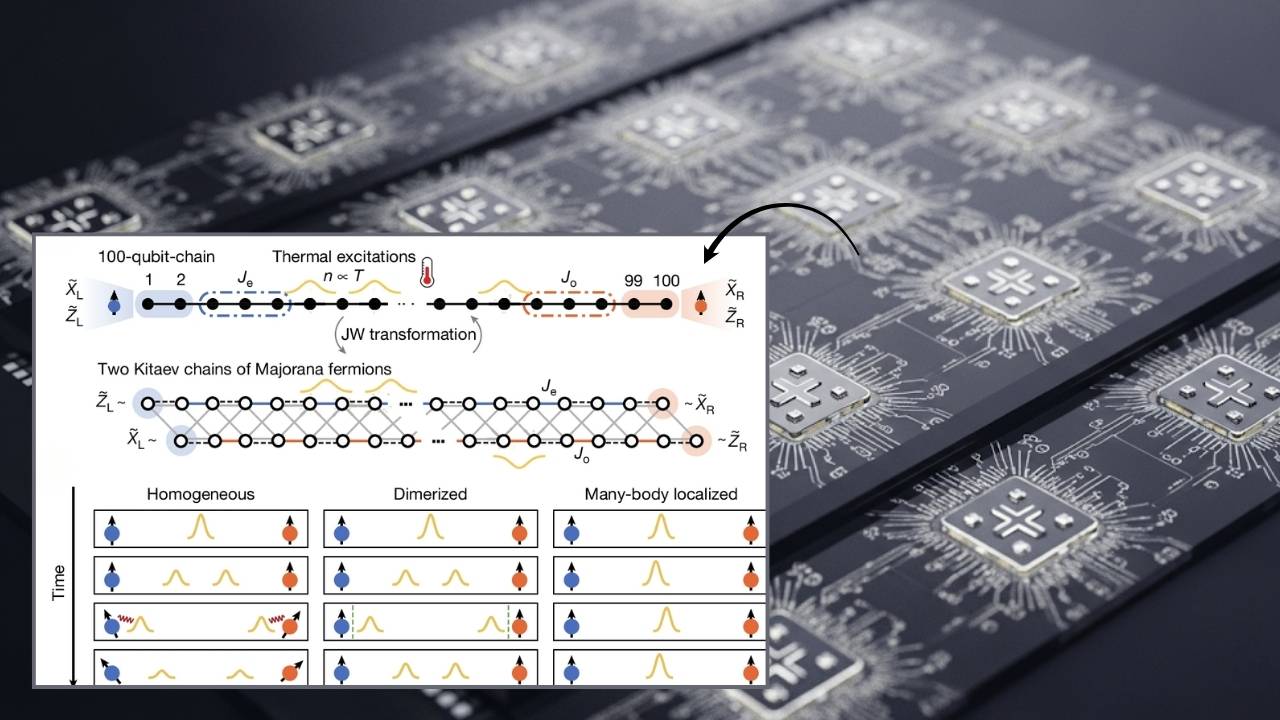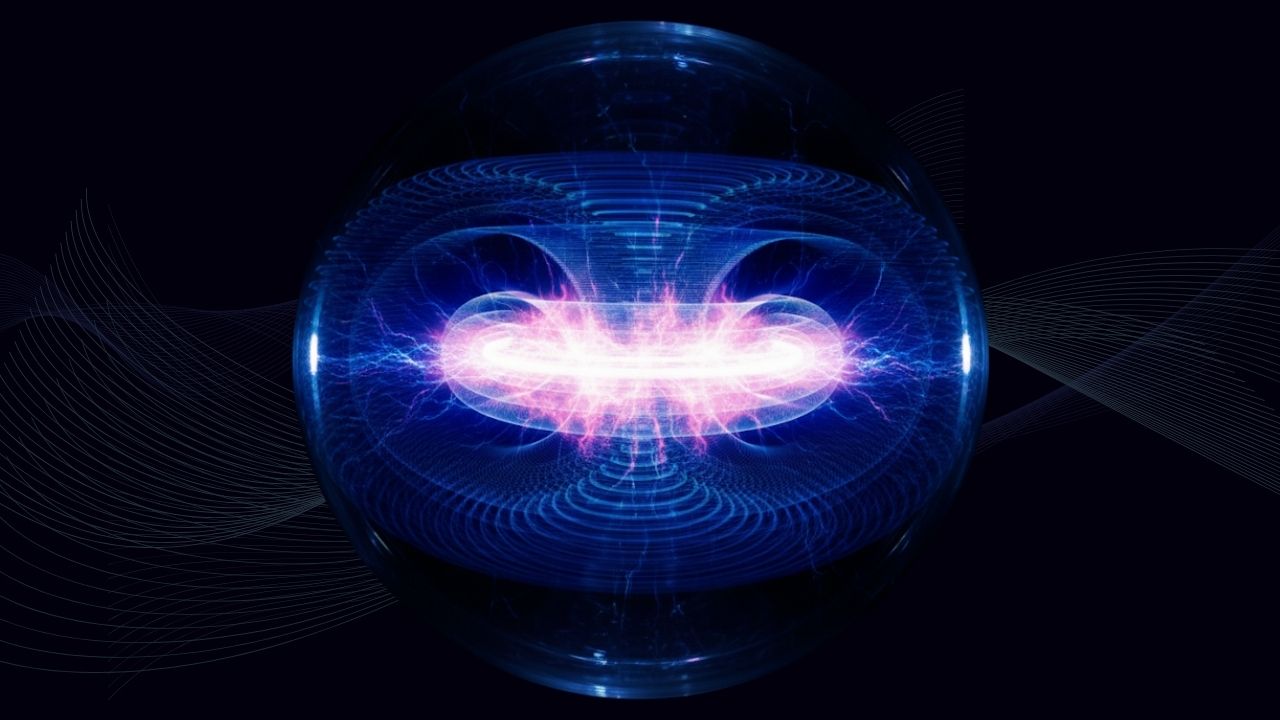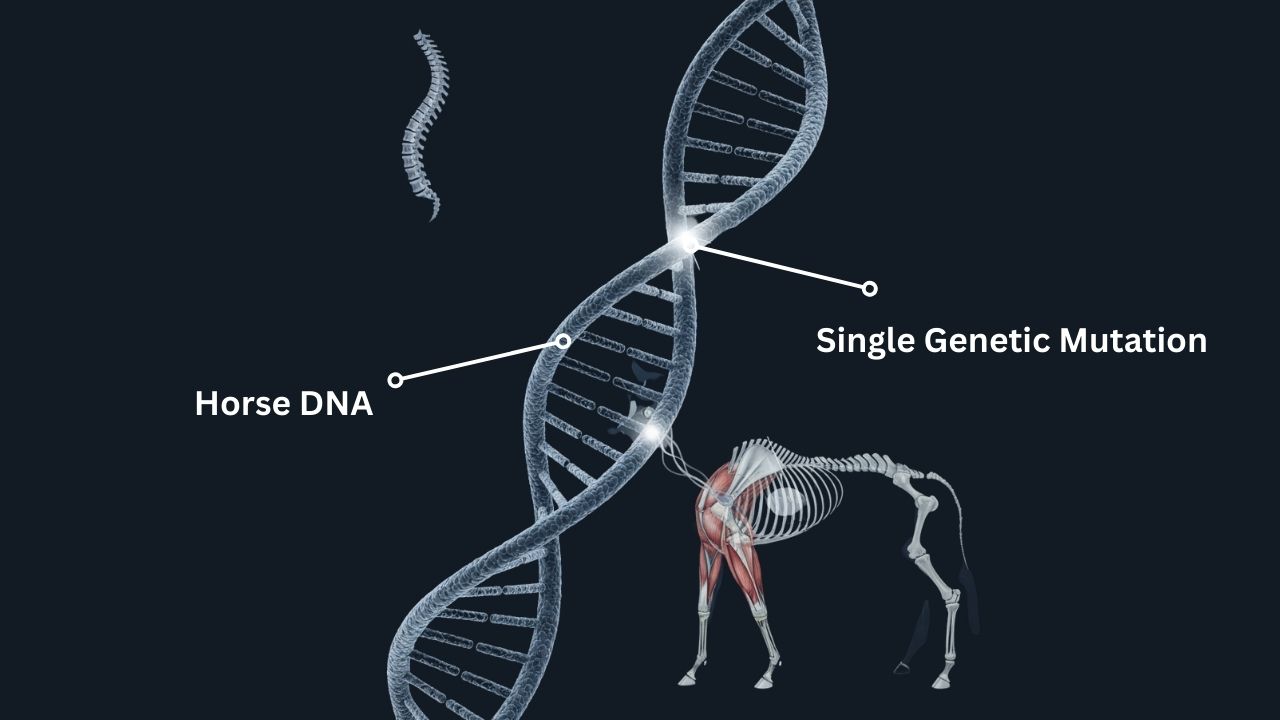Is the Universe a Giant Computer?: Have you ever wondered if our universe is more than just stars, planets, and galaxies—what if, at its core, it’s a giant computer? This idea, once the stuff of science fiction, is now being explored by some of the world’s top scientists. Recent breakthroughs in quantum computing and quantum gravity are giving us new tools and theories to investigate this mind-bending question.
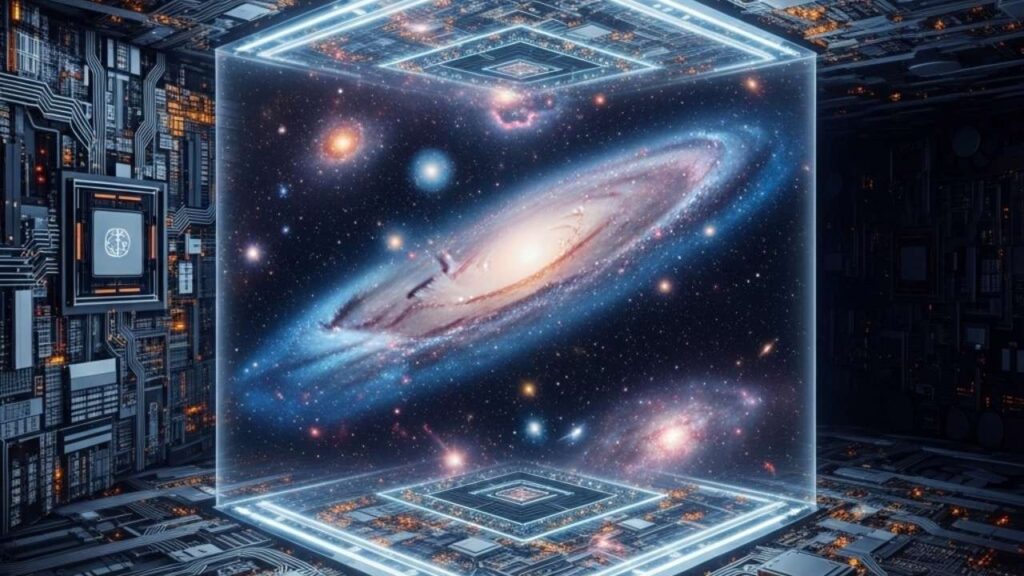
Let’s break down what this means, why it matters, and how it could change the way we understand everything—from the tiniest particles to the entire cosmos.
Is the Universe a Giant Computer?
| Topic | Key Data & Stats | Professional Insights |
|---|---|---|
| Quantum Computing Market | Projected to reach $97 billion by 2035; $4B in 2024, up to $72B by 2035 | Quantum computing is moving from theory to practical industry applications |
| Quantum Gravity Research | First 2D particle physics theory simulated on a qudit quantum computer in 2025 | New quantum computers can simulate fundamental forces, helping us probe the universe’s deepest mysteries |
| Quantum Technology Investment | Governments and private sector ramping up funding globally | Surge in research, workforce training, and infrastructure development |
| Quantum Error Correction | 2025 expected to see scalable error-correcting codes surpassing physical qubits in reliability | Will enable robust, fault-tolerant quantum computers for real-world problem solving |
| International Year of Quantum Science | 2025 designated by the United Nations as the International Year of Quantum Science and Technology | Focus on global access, diversity, and bridging the “quantum divide” |
The question, “Is the universe a giant computer?” is more than just a philosophical musing—it’s a gateway to some of the most exciting research in science today. Thanks to quantum computing and quantum gravity research, we’re closer than ever to understanding how information, physics, and reality itself are intertwined.
Whether you’re a student, a professional, or simply curious, now is the perfect time to get involved, learn more, and watch as the next chapter of science unfolds.
What Does It Mean to Say “The Universe Is a Giant Computer”?
The Big Idea
The concept suggests that everything in our universe—matter, energy, even space and time—could be the result of underlying information processing, much like how a computer runs code to create images, sounds, and games. In this view, the laws of physics are like the rules in a computer program, and the universe “computes” its own evolution.
This isn’t just a wild theory. It’s rooted in the latest advances in quantum physics and quantum computing, where scientists are discovering that information itself might be a fundamental building block of reality.
How Quantum Computing Sheds Light on the Universe
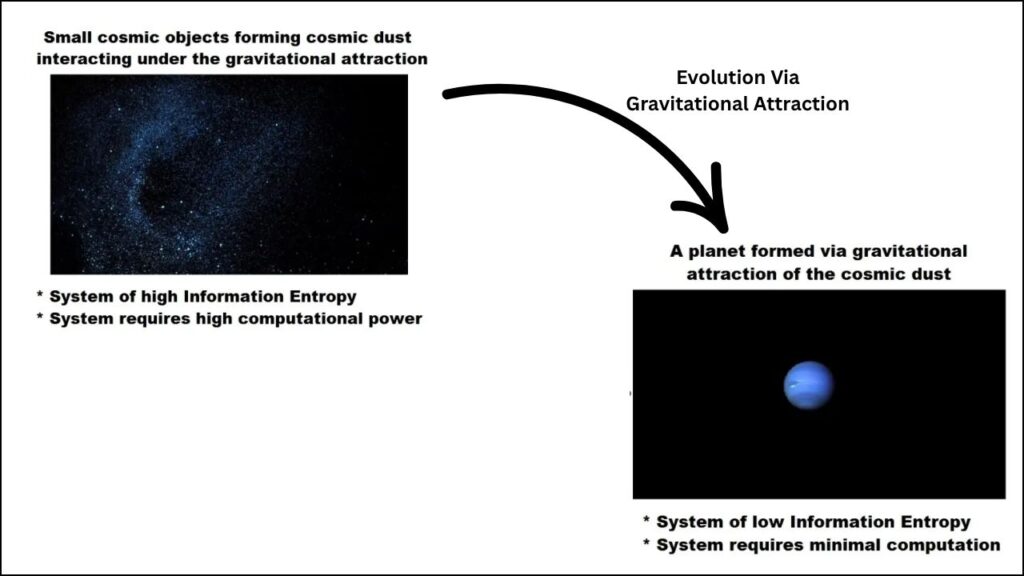
What is Quantum Computing?
Quantum computing uses the strange rules of quantum mechanics to process information in ways that classical computers never could. Instead of regular bits (0s and 1s), quantum computers use qubits, which can be both 0 and 1 at the same time. This allows them to solve certain problems much faster than even the best supercomputers.

Quantum technology includes three main fields:
- Quantum computing: Powerful new computers that use quantum bits for faster calculations.
- Quantum communication: Ultra-secure ways to send information using quantum rules.
- Quantum sensing: Super-sensitive devices that can measure things like gravity or magnetic fields far better than before.
Recent Breakthroughs
- In 2025, researchers used a qudit quantum computer (an advanced type of quantum computer) to simulate a two-dimensional particle physics theory. This helps scientists model how particles and forces behave at the smallest scales, bringing us closer to understanding the universe’s most mysterious workings.
- Google’s quantum computer recently solved a problem in five minutes that would have taken a regular supercomputer longer than the age of the universe to finish.
These advances mean we can now use quantum computers to simulate the universe’s building blocks, test new theories, and maybe even discover if reality itself is “computed.”
Quantum Gravity: The Search for the Universe’s Operating System
What is Quantum Gravity?
Quantum gravity is the quest to unite the two biggest ideas in physics: quantum mechanics (which explains the very small) and general relativity (which explains the very large, like planets and galaxies). Right now, these two theories don’t fit together perfectly. Scientists believe that understanding quantum gravity could reveal if the universe truly works like a computer.
How Quantum Computing Helps
Quantum computers can simulate scenarios that are impossible for classical computers, such as what happens inside black holes or at the beginning of the universe. By modeling these extreme environments, researchers hope to uncover the “code” that runs the cosmos.
Practical Advice: How to Get Involved or Stay Informed
Whether you’re a curious student, a tech professional, or just someone fascinated by the universe, here’s how you can engage with this rapidly evolving field:
For Students and Beginners
- Learn the Basics: Start with simple explanations of quantum physics and computing. There are many science news websites and podcasts with great introductions.
- Online Courses: Platforms like Coursera and edX have beginner-friendly courses on quantum computing and physics.
For Professionals
- Stay Updated: Follow industry reports and roadmaps for the latest trends and breakthroughs.
- Skill Up: Learn quantum programming languages like Qiskit or Cirq. These are open-source and have active communities.
- Collaborate: Join global initiatives or research networks. The International Year of Quantum Science and Technology is a great place to connect with experts and projects worldwide.
For Everyone
- Watch for News: 2025 is the International Year of Quantum Science and Technology, so expect lots of events, news, and educational resources.
- Ask Questions: Don’t be afraid to reach out to local universities or science centers—they often host public talks and workshops on quantum topics.
Real-World Examples: Quantum Computing in Action
- Medicine: Quantum computers could help design new drugs by simulating molecules much faster and more accurately than today’s computers.
- Finance: Banks are exploring quantum algorithms to optimize portfolios and detect fraud.
- Climate Science: Quantum simulations could model complex weather systems, helping us predict and combat climate change.
Researchers Synthesize Elusive Cyclic Tri-Phosphirenium Ion, Advancing Main-Group Chemistry
James Webb Telescope Data Suggest Universe Might Be Inside a Huge Black Hole
FAQs About Is the Universe a Giant Computer?
Q1: Is the universe really a computer?
A: We don’t know for sure. The idea is a hypothesis that helps scientists explore how information and physics might be connected. Quantum computing gives us new tools to test these ideas, but we’re still at the beginning of this journey.
Q2: What is quantum gravity, and why is it important?
A: Quantum gravity is the search for a theory that combines quantum mechanics and gravity. It’s important because it could explain the universe’s deepest mysteries, like what happens inside black holes or at the Big Bang.
Q3: How soon will quantum computers change our daily lives?
A: Experts predict that by the late 2020s, quantum computers will start solving real-world problems in medicine, finance, and logistics. For now, most people interact with quantum technology through research and early industry trials.
Q4: Can I learn quantum computing without a physics degree?
A: Absolutely! Many resources are designed for beginners. Start with online tutorials and community forums, and don’t hesitate to join workshops or webinars.
Q5: Why is 2025 important for quantum science?
A: The United Nations declared 2025 the International Year of Quantum Science and Technology, marking 100 years since quantum mechanics began. This year is packed with global events, new research, and efforts to make quantum science accessible to everyone.
The Road Ahead: What’s Next for Quantum Research?
Breaking Barriers
2025 is shaping up to be a pivotal year for quantum technology. Experts expect:
- Major advances in error correction, making quantum computers more reliable and useful for real-world applications.
- Hybrid quantum-classical systems—where quantum computers work alongside traditional supercomputers—will become more common.
- Increased investment from governments and businesses, driving innovation and job opportunities in the field.
Bridging the Quantum Divide
While some countries and companies are racing ahead, there’s a growing focus on making quantum technology accessible to all. UNESCO and the UN are leading efforts to bridge gaps in infrastructure and expertise, ensuring that no region or community is left behind.
